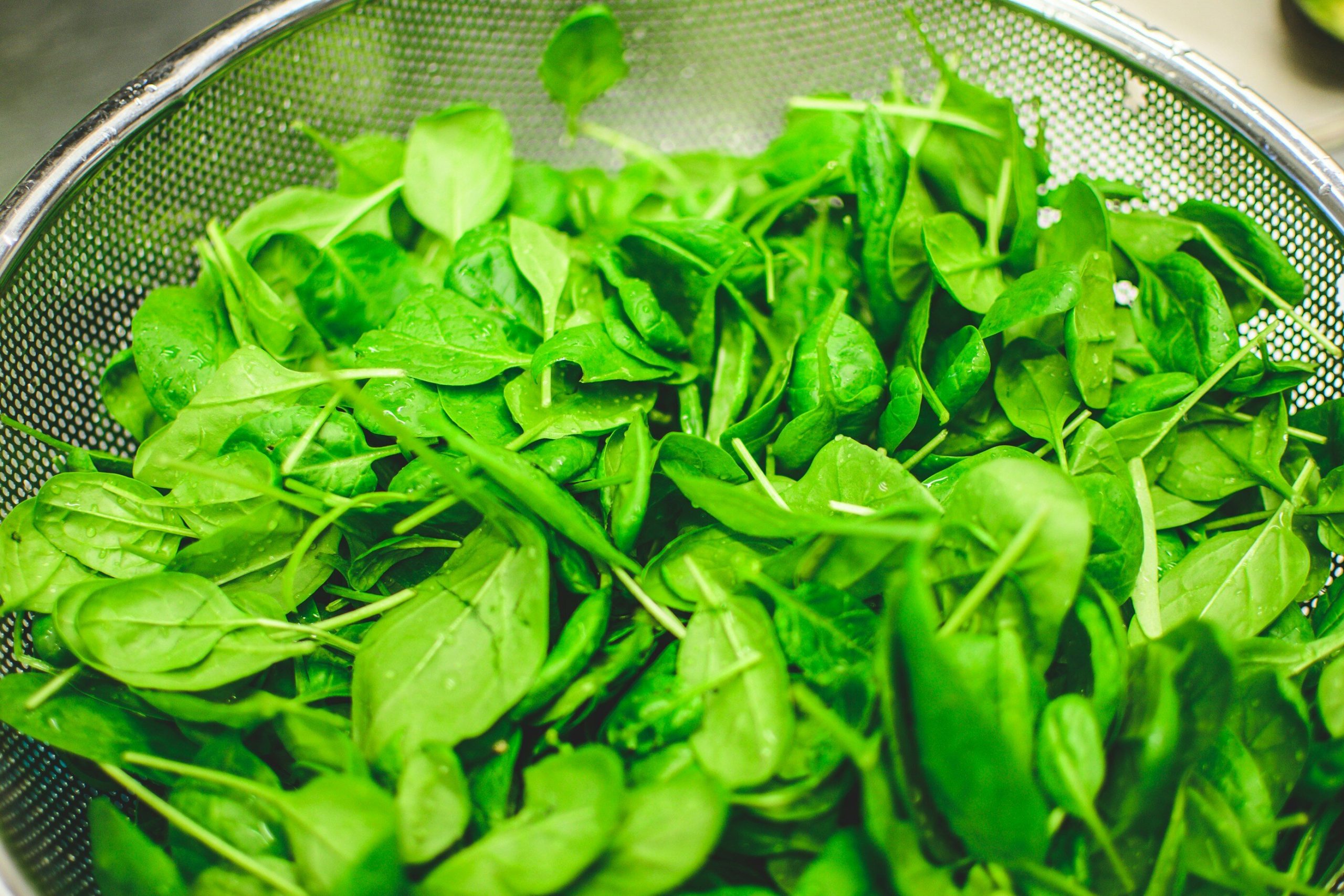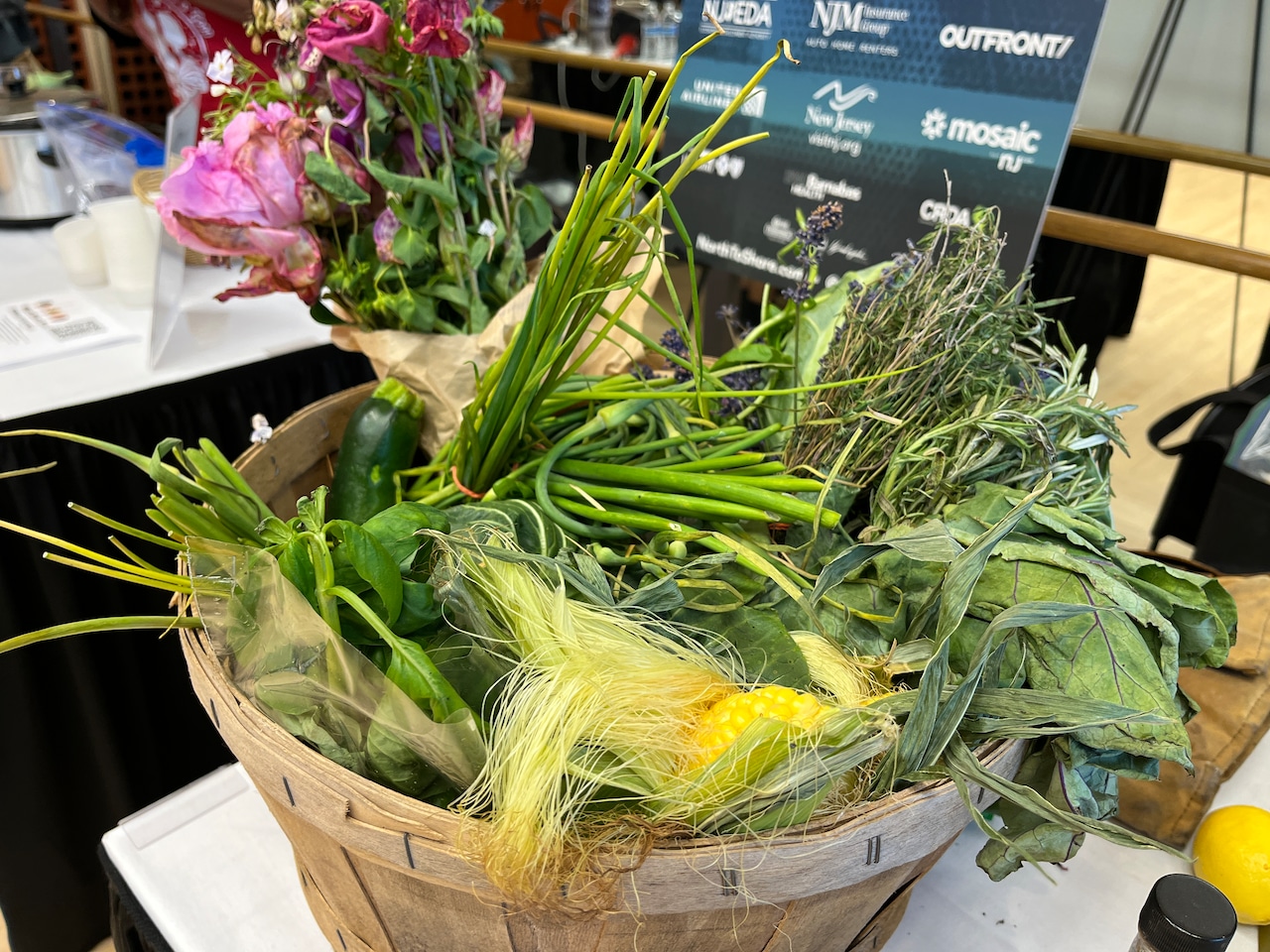Summary
A cup and a half of leafy green vegetables could go a long way to addressing atherosclerotic vascular diseases (ASVD’s), according to new research published in the European Journal of Nutrition from Edith Cowan University (ECU),
Source: Medical Xpress on MSN.com

AI News Q&A (Free Content)
Q1: How do leafy greens contribute to reducing the risk of atherosclerotic vascular diseases (ASVD)?
A1: Leafy greens, notably rich in vitamin K1, have been associated with the inhibition of vascular calcification, a hallmark of ASVD. A study involving older women highlighted that higher vitamin K1 intake correlated with lower subclinical atherosclerosis and reduced ASVD-related outcomes such as hospitalizations and mortality. Specifically, women consuming higher amounts of vitamin K1 exhibited a 5.6% lower mean carotid artery intima-media thickness, a measure of subclinical atherosclerosis, as well as lower hazards for ASVD events and mortality.
Q2: What recent scientific research supports the link between vitamin K1 intake and cardiovascular health?
A2: A study published in 2025 examined the effects of dietary vitamin K1 on cardiovascular health among older women. The research found that increased vitamin K1 consumption was associated with reduced subclinical atherosclerosis and a lower risk of ASVD events. This study provides compelling evidence that vitamin K1, found abundantly in leafy greens, plays a significant role in cardiovascular health.
Q3: What are some of the leafy greens known to be beneficial for heart health?
A3: Leafy greens like spinach, kale, and collard greens are particularly beneficial for heart health due to their high vitamin K content. These vegetables are also rich in other vital nutrients such as fiber, vitamins A and C, and minerals like magnesium and potassium, all contributing to cardiovascular wellness.
Q4: How can incorporating leafy greens into a diet affect overall health beyond heart disease prevention?
A4: Incorporating leafy greens into a diet can enhance overall health by providing essential nutrients that support various bodily functions. These greens are low in calories yet high in fiber, aiding digestion and weight management. Moreover, their antioxidant properties help combat inflammation and oxidative stress, reducing the risk of chronic diseases.
Q5: What is the recommended daily intake of leafy greens for optimal health benefits?
A5: While specific recommendations can vary, nutritionists generally suggest consuming at least 1.5 to 2 cups of leafy greens daily. This amount can help meet the body's vitamin K needs and contribute to a balanced diet rich in essential nutrients and antioxidants.
Q6: Are there any risks associated with consuming too much vitamin K1, particularly from leafy greens?
A6: While vitamin K1 is crucial for health, excessive intake, particularly from supplements rather than food, could interfere with certain medications like blood thinners. However, consuming vitamin K1 naturally through leafy greens is generally safe and beneficial, as the body regulates its absorption effectively.
Q7: How do cultural dietary practices influence the consumption of leafy greens globally?
A7: Cultural dietary practices significantly influence the consumption of leafy greens. For instance, in Asia, greens like bok choy and napa cabbage are staples, while in the Mediterranean diet, spinach and chard are common. These practices highlight the global diversity in vegetable consumption and underscore the universal recognition of their health benefits.
References:
- Higher vitamin K1 intakes are associated with lower subclinical atherosclerosis and lower risk for atherosclerotic vascular disease-related outcomes in older women
- Cabbage
- Romaine lettuce




